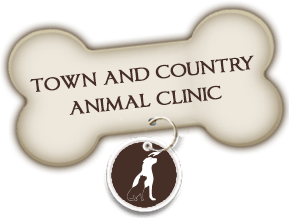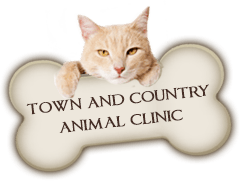As our canine friends age, their bodies and immune systems change as well. Often times a dog’s metabolism will slow down as they age and if their feeding regimen is not change. This may cause your dog to become overweight. Most senior dogs begin to experience arthritis pain as they age and having excess weight on their stiff joints may lead to additional tenderness. As a result the dog tends to exercise less which also leads to him/her requiring less food per day. Now there are always exceptions to the rule so it is important that you monitor your dog’s weight closely when they are in their senior years and adjust their food accordingly.
If your senior pet is losing weight we recommend having a senior exam performed to rule out a medical cause for the weight loss. If a medical condition has been ruled out, the reason for their decreased appetite may be the result of a decrease in your dogs taste and smell. As they age, their sensory abilities decrease which may cause them to no longer enjoy their regular food. At home you can try tempting them with different foods (by offering canned instead of dry) or heating up their meals to make it more appealing.
There are other ways that nutrition can aid our senior dogs. By using specialized kibble size, shape, texture and density, nutrition can aid with the prevention of oral health problems and muscle loss. Having glucosamine and chondroitin in your pet’s diet can help promote healthy joints. Although if your veterinarian has recommended using a glucosamine supplement, do not stop using the supplement. Even diets that contain glucosamine, they do not have the full daily value and cannot replace the oral supplement. A diet containing amino acids may help with some behavioral changes and changing sleep patterns that happen with aging pets.
Some geriatric diets will automatically decrease the amount of protein in their senior diet. The reason for that is a senior dog with kidney or liver problems have a hard time breaking down proteins. Our senior dogs are more prone to have kidney or liver problems than an adult dog. As a result the pet food companies decrease the protein to serve the average senior pet. However studies have shown that senior dogs (without any kidney or liver issues) require more protein in their diet than an adult dog. Until your dog has been diagnosed with a liver or kidney disease we do not recommend changing to a low protein diet. It is more important for a senior dog to have a higher quality protein that is easily digestible to help keep their protein reserves up.
If your senior dog does not have any specific disorders, we recommend using the Royal Canin / Medical Mature Consult diet. http://www.royalcanin.ca/index.php/Veterinary-Products/Canine-Nutrition/Veterinary-Care-Nutrition/Mature-Consult-Dry







